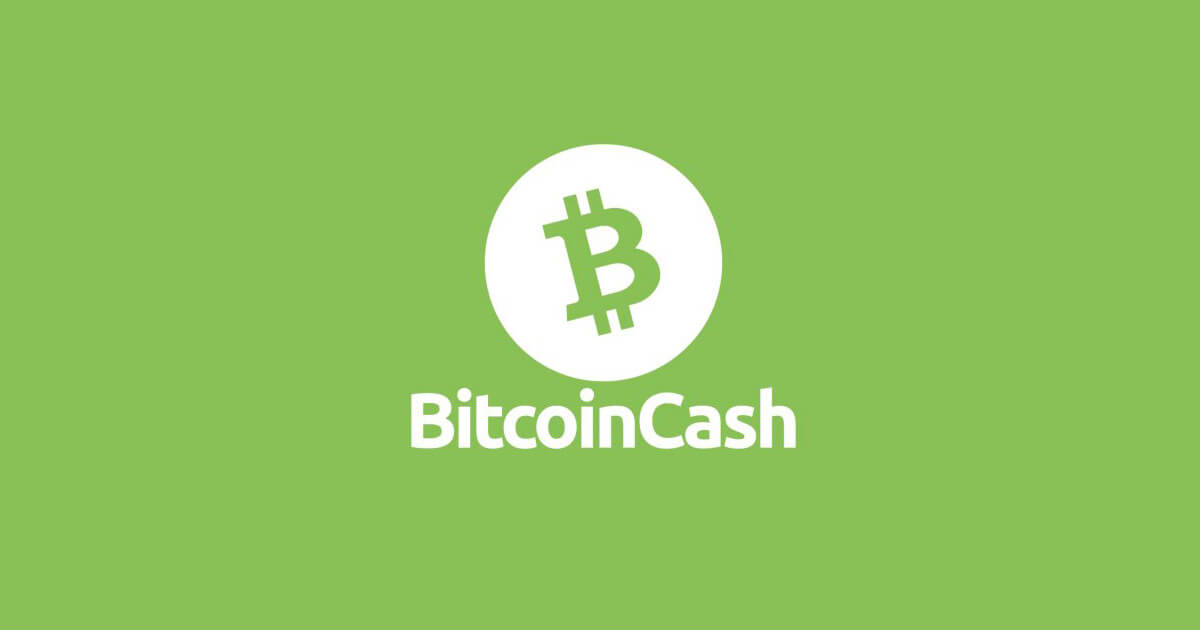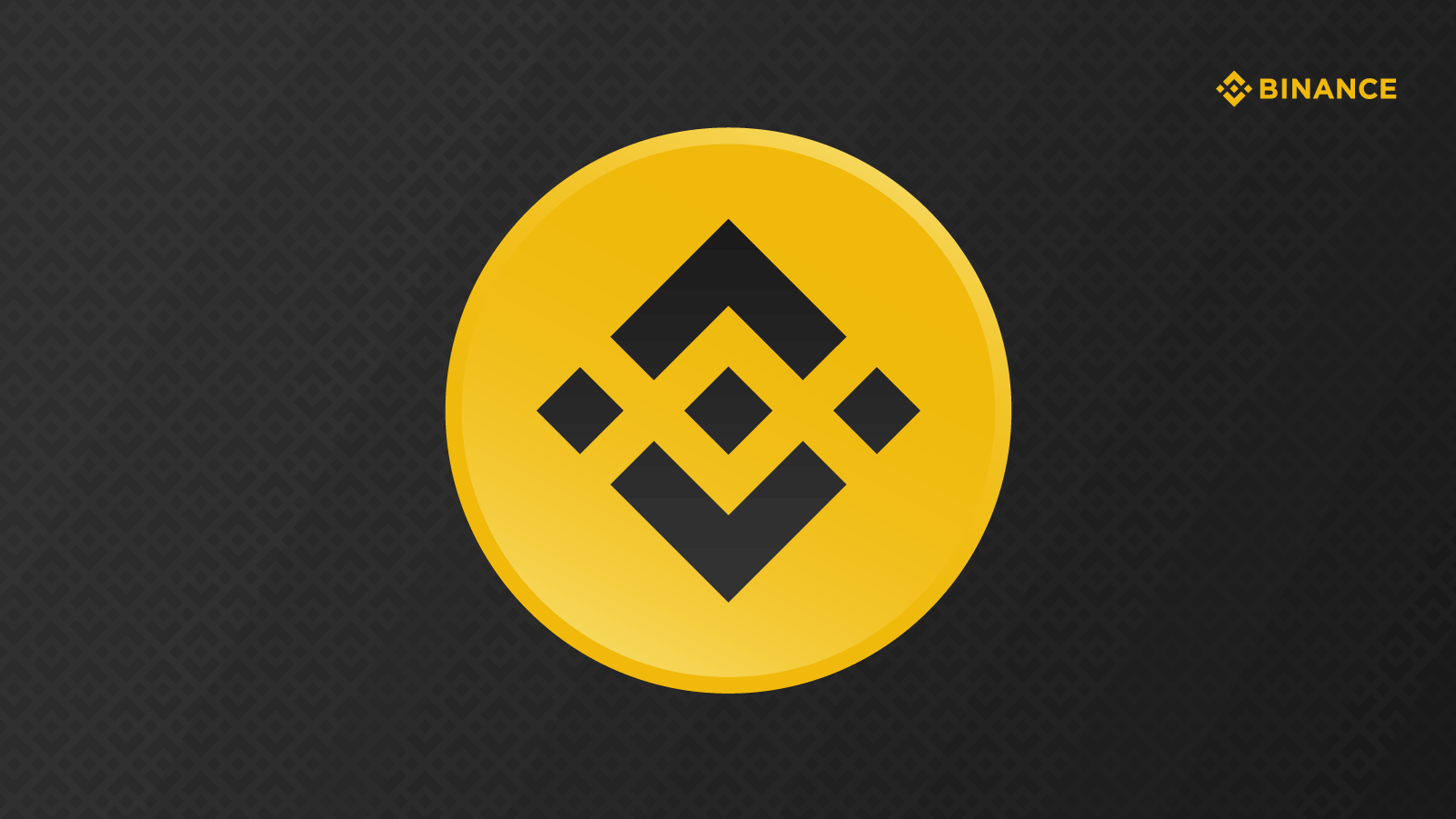Think you’re late to Bitcoin? Many people also think the same way and often start searching for Bitcoin alternatives.
It is worth noting, though, that it is almost impossible for any cryptocurrency to replace Bitcoin’s place in history. Having an anonymous founder, being controlled by a loyal community, and growing to a near £1 trillion market cap in a little over a decade is quite remarkable.
Table of Contents
However, although the cryptocurrency market seems to owe its very existence to Bitcoin, it is often said that “the biggest room in life is the room for improvement.”
Many projects have tried to improve on Bitcoin’s technology. These alternatives are better known as altcoins (alternative coins) and here is why you should consider learning about them.
Why should you look for a Bitcoin alternative?
Faster and Cheaper Transactions: If you’ve tried using Bitcoin for transactions, then you probably know how expensive fees can be for sending small amounts. At the same time, transactions can take hours or even days to settle during periods of high network activity.
Most altcoins offer faster settlements (in a matter of seconds) and also take less than £0.5 in transaction fees.
Higher Investment Returns: For most people seeking bitcoin alternatives, their goal is often to find a cryptocurrency that can generate more returns for them than BTC has the potential to in the years ahead.
After all, coins like Ether (ETH) and Binance coin (BNB) have historically outperformed BTC, and maybe a handful of others that can produce similar returns.
For whatever reason you’re searching for digital coins like BTC, this article provides a list of the best Bitcoin alternatives you should know about.
7 Alternatives to Bitcoin
Litecoin (LTC)

Launched in 2011 by former Google employee Charlie Lee, Litecoin is often promoted as a “silver” to Bitcoin's “gold.”
The major improvement it had over Bitcoin was lowering the block confirmation time from 10 minutes to 2.5 minutes. Hence, transactions on the Litecoin network are way faster and cheaper compared to BTC.
Another notable difference is that Litecoin had a different supply cap. Unlike BTC, where the total number of coins that will ever exist is capped at 21 million coins, Litecoin has an 84 million maximum supply limit.
Litecoin has garnered a lot of support since its launch and retains a position with the ten largest cryptocurrencies by market cap. At the same time, though, the number of new blockchain projects coming to the limelight with increasing utility means that Litecoin might lose its grip on top positions in the years ahead.
Ether (ETH)

Ethereum Network launched in 2015 after a successful community fundraiser and had a goal of supporting the deployment of decentralised applications and smart contracts. Its native coin Ether (ETH) was created as a tool for paying transaction fees (gas) for using these applications built on the main layer.
At the same time, ETH serves as a Bitcoin alternative since it allows users to freely send and receive it using a crypto wallet. The average block time on Ethereum is around 13 seconds, with the network set to achieve even faster transactions with a move to the Proof-of-Stake (PoS) consensus model.
Ethereum has to a large extent achieved its ambitions, creating more utility for ETH and driving up the price of the cryptocurrency. ETH has remained the second-largest cryptocurrency by market cap for several years, and according to enthusiasts, might be the one to eventually usurp Bitcoin's position.
Monero (XMR)

Launched in 2014, Monero is a privacy-focused cryptocurrency that proponents believe is the best alternative to Bitcoin. Monero is a fork of another less popular cryptocurrency, Bytecoin, and attempts to solve perceived privacy issues facing Bitcoin.
BTC transactions are processed on a publicly accessible ledger and thus can easily be traced to a person's real-life identity.
Monero, on the other hand, provides shielded transactions, making it the preferred cryptocurrency for individuals who want to maintain privacy while using money.
Blocks are mined approximately every two minutes, making Monero a faster and cheaper option compared to Bitcoin. There will only ever be 17,898,073 XMR coins.
To date, efforts to break Monero's strong privacy protocol have remained abortive, and the network and its community continue to grow from strength to strength.
At one point, Monero was among the top ten cryptocurrencies by market cap. Although its grip on top positions has loosened, it remains a popular Bitcoin alternative for anyone who truly cares about privacy.
Bitcoin Cash (BCH)

BCH is a coin hard forked from the original Bitcoin protocol. Hardfork is a rare incidence that happens when developers or users of a cryptocurrency project disagree on changes that must be made to the underlying protocol.
Based on the principles of decentralisation pioneered by Satoshi, the anonymous creator of Bitcoin, users who do not agree with certain changes can engineer a fork from the original Bitcoin protocol.
The result of the hard fork is the creation of a new cryptocurrency that shares the same features as BTC but can accommodate the changes that the splitting community wants to introduce. Users of the original chain also receive exact new units of the newly created coin in proportion to the amount of the old coin they own.
In the case of BCH, the change the community led by proponent Roger Ver wanted to introduce was larger block sizes beyond Bitcoin’s 1MB. BCH blocks are up to 32MB, allowing for more transactions, albeit with other trade-offs that the real Bitcoin community did not agree with.
In the end, BCH split and allows for faster transactions than the original Bitcoin. The project has not gone extinct but has failed to gather momentum or a market price anywhere near BTC. At the time of writing, BCH has less than 1/100 of Bitcoin’s £800 million market cap but is still a good alternative for sending cheaper transactions.
Binance Coin (BNB)

Launched in 2017, Binance coin is the native cryptocurrency for leading cryptocurrency exchange, Binance. The coin was initially created as an ERC-20 token on the Ethereum blockchain and sold in an initial coin offering where the company raised a modest $10 million to build its trading platform and other suites of products.
Since then, Binance has gone on to build what is arguably the world’s largest cryptocurrency exchange. Additionally, the company has built its own blockchain networks, Binance Chain and Binance Smart Chain (BSC), where BNB is the native cryptocurrency for paying network transaction fees.
The cryptocurrency, which sold for less than £0.1 during Binance’s ICO is currently trading above £451, and Binance continues to build more utility for it.
Digibyte (DGB)

Digibyte is another old cryptocurrency project, having launched in 2014. Digibyte boasts a 15 seconds block time, thus allowing for faster payments compared to Bitcoin. The network also has well two other layers for developing decentralised applications and tokenization of assets.
Unlike Bitcoin’s 21 million supply cap, Digibyte has a 21 billion supply cap, which its developers believe allows for holders to not have the unit bias often associated with BTC. This means that instead of owning 0.001 of something for roughly (£50), people could own a whole number of perhaps 10 Digibyte coins for the same price.
Digibyte operates as a full-community project, especially after its lead developer Jared Tate exited in 2018. This often means that new improvements to the network are rolled out later, as opposed to other blockchain networks with active developers.
Ripple (XRP)

XRP is a cryptocurrency project launched in 2012 by San Francisco-based startup, Ripple Labs Inc. The cryptocurrency has a 100 billion supply cap and allows for near-instant transactions.
As opposed to BTC which was primarily designed for peer-to-peer use, Ripple promotes XRP as a tool for “global payment settlements” for financial institutions, including banks and other remittance services.
XRP has a controversial status with the cryptocurrency community, especially as its founders allocated a significant portion of the total coin supply to themselves (20%) and the company (80%).
At the time of writing this article, Ripple and its founders are facing a lawsuit from the United States Exchange and Securities Commission (SEC). The regulator has alleged that the sale of XRP to investors is illegal, as the tokens would qualify as “securities” under U.S laws.
Until the issue is resolved, XRP, which is also available for peer-to-peer use, remains a viable Bitcoin alternative for instant and cheap transactions.
What To Look For In An Alternative
Aside from the cryptocurrencies listed above, there are several other altcoins claiming to offer better features than BTC. Before choosing to use or invest in any supposed Bitcoin alternative, here are some factors to look out for:
Active Developer Team and Community: The most successful cryptocurrency projects often have two things in common — an experienced and active developer team and a strong community.
The developer team is responsible for rolling out new improvements to the underlying protocol, while the community is on hand to promote the benefits of the projects to newcomers, getting them to invest in and use the product.
Potential Growth: The ability of a Bitcoin alternative to growing often relies on its supposed use case. Hence, it is worth considering whether the project genuinely has features or products not available in Bitcoin or other already popular blockchain projects.
If there are no distinct features, and the project is already operating in a saturated niche, then it might not be worth betting on its potential for long-term growth.
Decentralisation: The decentralisation ethos on which Satoshi Nakamoto built bitcoin is another core feature to look for when choosing a Bitcoin alternative. After all, you don’t want a project that would go extinct or lose considerable value if the founder goes missing or the company faces a regulatory lawsuit as with Ripple.
Other factors worth considering include those mentioned earlier, namely, the possibility of future price increases and faster transaction settlements.
Investment Tips
- Always do your own research (DYOR) before investing in a bitcoin alternative. Do not base your investment on a random Twitter post, YouTube video, or even an article you read on our blog. Spend time researching the project team, product use cases, and community ethos of the project you want to invest in. You should only invest if you’re satisfied with your findings.
- Before using a Bitcoin alternative, acquaint yourself with the process of transferring the cryptocurrency from one wallet. For instance, unlike BTC which can be sent only using an address, certain coins like XRP and BNB require the use of a memo. Transferring coins to the wrong address or without a memo can result in certain complications, and sometimes the inability to recover the funds.
- Do not leave substantial amounts overnight on cryptocurrency exchanges. Aside from being susceptible to security breaches, these platforms could face regulatory action or adopt new rules that might restrict your ability to withdraw deposited funds.
Investing in a hardware wallet such as Ledger or Trezor is often the best option to store cryptocurrency that you want to hold for a long time.
Conclusion
It would be almost impossible for any cryptocurrency to replicate Bitcoin’s anonymous launch model, community-driven approach, or usurp its prominent position as a market leader. However, the fact that such an opportunity still exists is the reason why Bitcoin alternatives appear attractive, especially to those just getting started with cryptocurrency.
Newer coins feature faster transaction times as well as other products that may not be built into the Bitcoin network in the future. Some may also have a higher upside in the future, meaning it might just be worth it to know and choose wisely before investing in any of them.





 usdt
usdt xrp
xrp

